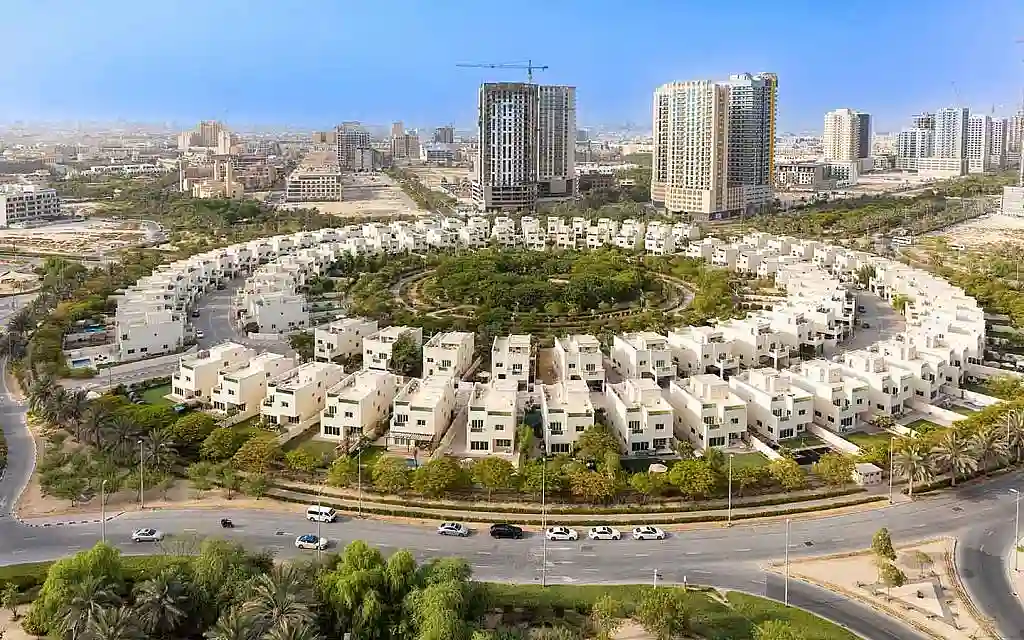As one of the world’s most sought-after real estate destinations, Dubai offers a unique and thrilling experience for property buyers.
However, with the city’s booming market and constantly changing prices, it’s essential to approach the process with a clear understanding of the financial aspects involved.
In this article, we’ll delve into the key cost considerations when buying property in Dubai, helping you make informed decisions and avoid costly mistakes.
1. Understanding the Market Dynamics
Before diving into the nitty-gritty of costs, it’s crucial to understand the market dynamics driving the Dubai property scene.
The city’s real estate market is characterized by a delicate balance between supply and demand, with prices fluctuating based on factors like government policies, economic conditions, and global events.
To make informed decisions, it’s vital to stay up-to-date with the latest market trends and news.
2. Property Types and Prices
Dubai’s property market is diverse, offering a range of options to suit different budgets and preferences.
From luxury apartments to villas, townhouses, and commercial properties, each type has its unique price range and characteristics.
For example, apartments in popular areas like Downtown Dubai or Dubai Marina can start from around AED 500,000 (USD 136,000), while villas in established neighborhoods like Jumeirah or Emirates Hills may cost upwards of AED 5 million (USD 1.36 million).
3. Location, Location, Location
The age-old real estate adage “location is everything” rings particularly true in Dubai.
Properties in prime locations like Dubai Marina, Downtown Dubai, or Business Bay tend to command higher prices due to their proximity to amenities, public transport, and job opportunities.
On the other hand, properties in less desirable areas may offer better value for money but require more compromises on convenience and lifestyle.
4. Fees and Charges
When buying a property in Dubai, it’s essential to factor in additional fees and charges that can significantly impact your overall cost. These include:
- Agency fees: Typically ranging from 5-10% of the property’s value
- Transfer fees: Around 2-4% of the property’s value
- Registration fees: AED 5-10 per square foot (depending on the property’s size)
- Mortgage fees: Varying depending on the lender and loan terms
5. Mortgage Options
Securing a mortgage can be a crucial step in financing your property purchase in Dubai.
However, with interest rates constantly changing and loan terms varying between lenders, it’s vital to research and compare different options carefully.
Consider factors like loan-to-value ratios, repayment terms, and fees associated with each mortgage product.
6. Taxes and Levies
While there are no income taxes or capital gains taxes in Dubai, property owners are still required to pay various levies and fees. These include:
- Property registration fees: As mentioned earlier
- Property transfer fees: Also mentioned earlier
- Annual service charges: Typically around AED 50-100 per square foot (depending on the property’s size and amenities)
- Municipalities fees: Varying depending on the property’s location and type
7. Maintenance and Repair Costs
As a property owner in Dubai, you’ll be responsible for maintenance and repair costs for your property.
These expenses can range from routine tasks like cleaning and painting to more significant repairs like replacing appliances or fixing plumbing issues.
8. Insurance Costs
Property insurance is a vital aspect of homeownership in Dubai.
While mandatory for mortgage holders, insurance can provide financial protection against unforeseen events like natural disasters or theft.
Premiums vary depending on factors like property type, location, and value.
9. Renovation and Refurbishment Costs
If you’re planning to renovate or refurbish your property in Dubai, be prepared for costs that can add up quickly.
From electrical work to plumbing renovations, hiring professionals can ensure high-quality results but also drive up expenses.
10. Long-Term Benefits
While upfront costs are crucial considerations when buying a property in Dubai, it’s essential to think about long-term benefits as well. For instance:
- Appreciation in value: Dubai’s real estate market has historically seen significant growth over time.
- Rental income: If you choose to rent out your property, you can generate passive income.
- Potential resale value: A well-maintained property can attract higher offers if you decide to sell in the future.
By taking these factors into account, you’ll be better equipped to navigate the complex world of financial planning for property buyers in Dubai.
Remember to stay informed about market trends, do your research thoroughly, and prioritize your financial goals to ensure a successful and stress-free property buying experience.



